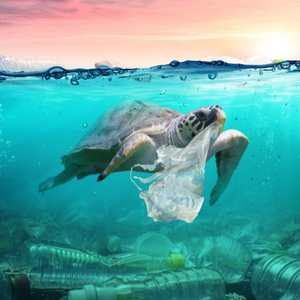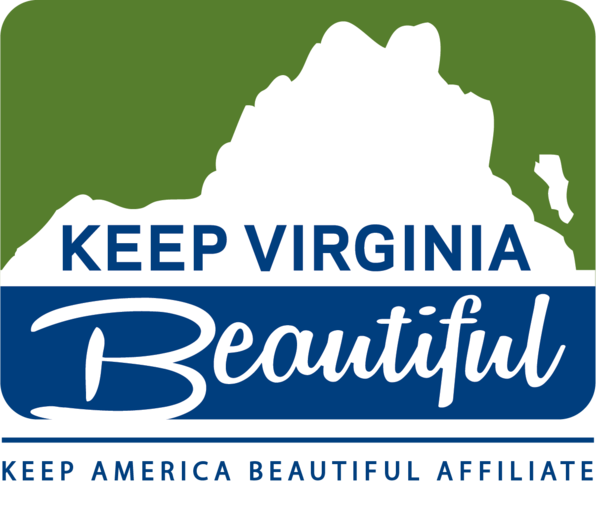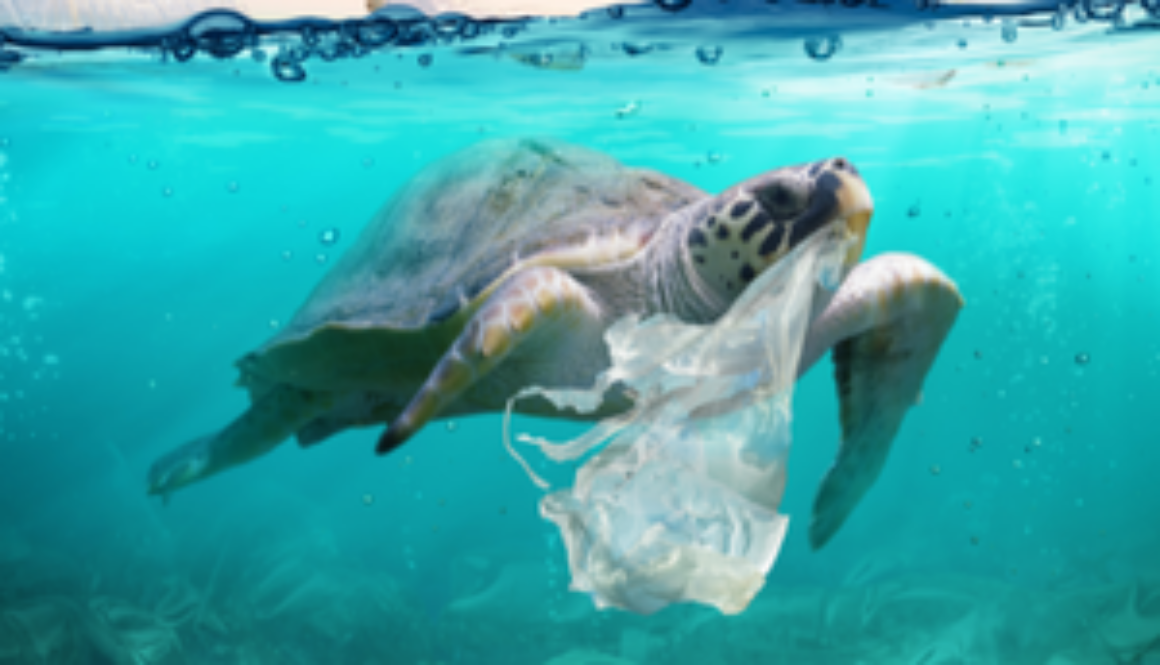Virginia Marine Debris Summit – Part 2
 The 2022 Virginia Marine Debris Summit was held at the Virginia Aquarium and Science Center in Virginia Beach at the end of September. Held once every three years (except when it was interrupted by Covid), it’s an opportunity to bring together experts from the EPA, NOAAH, DEQ, as well as concerned groups and individuals who care about the plastic that is polluting our oceans, harming wildlife, and fouling the scenery.
The 2022 Virginia Marine Debris Summit was held at the Virginia Aquarium and Science Center in Virginia Beach at the end of September. Held once every three years (except when it was interrupted by Covid), it’s an opportunity to bring together experts from the EPA, NOAAH, DEQ, as well as concerned groups and individuals who care about the plastic that is polluting our oceans, harming wildlife, and fouling the scenery.
Because we are keenly aware that litter on the roadways and in the landscape ends up in the Chesapeake Bay and Atlantic Ocean, Keep Virginia Beautiful was in attendance at the Summit.
On the second day of speakers, an interesting starting point for consideration was prompted by Steve Raabe, the founder and president of OpinionWorks. He presented findings from the 2022 Coastal Zone Management and Clean Virginia Waterways statewide survey asking, “What do Virginians Want?” A few interesting facts from the survey revealed that:
- 87% of the people polled rated “Plastic floating in the ocean” as a very serious or somewhat serious problem
- 75% considered plastics and toxins contaminating human food as very serious or somewhat serious.
- Yet follow-up conversations with a representative group of participants indicated that people were surprised to learn that the plastic in the ocean was not a problem caused by commercial fisherman and others dumping plastics into the water, but was primarily a result of litter on the land that flows into storm drains, creeks, rivers, and other waters that lead to the ocean.
So as a plastic grocery bag flies out of a grocery cart, across the parking lot, into the street, and down the storm drain, it breaks down into tiny pieces, or microplastics. The same is true of a single-use bottle of water that is carelessly left at a sporting event that can travel down ditches to nearby waterways, breaking down into microplastics.
Some people may not think that a plastic grocery bag here or a water bottle there are anything to worry about. But the accumulative impact is huge. The Great Pacific Garbage Patch is a gyre (large system of circulating ocean currents and winds) the size of Texas, and is one of the five largest floating gyres in the oceans. Now that’s a big problem.
But there are things we can do as individuals. We can stop using plastic straws, disposable grocery bags, plastic produce bags, bottled water, and many other SUPs (Single Use Plastics). We can choose to purchase products wrapped in paper instead of film, and tell grocers how we feel about products that are unnecessarily wrapped in plastic. We can encourage our local representatives to support legislation that has a positive impact for the environment.
And we can pick up litter.
October is “Lovers Not Litter” month in Virginia. It’s free and easy to grab a bucket or reuse a bag to collect litter and recyclables from the roadways, waterways, and landscapes. We can pick it up now, before it gets into the ocean.

